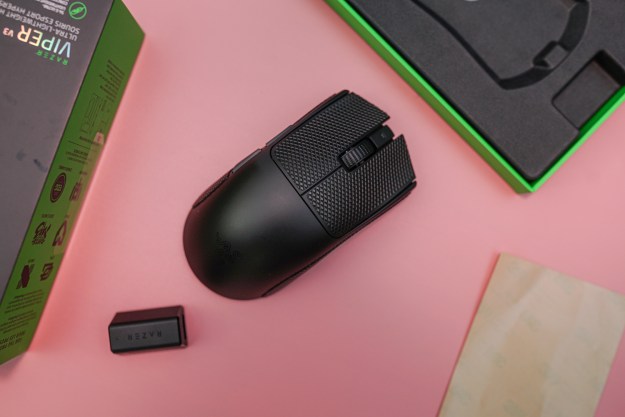
Who would have thought the same technology that pushes out noise from your headphones could help data not only travel longer distances but also faster and more reliably? Researchers from Bell Laboratories seem to have found a way to do just that based on their findings published in Nature Photonics.
As lead author Dr. Xiang Liu told BBC News, “This concept, looking back, is quite easy to understand, but surprisingly, nobody did this before.”
Like noise-canceling headphones that use external sounds to drown out the noise that you hear in your ears, Liu and his team discovered that the interference light runs into when traveling quickly through a fiber optic cable can also be negated. By sending two beams of light rather than just one beam down a cable, the noise from the signals end up canceling each other out when the two beams meet at the other end. As a result, the team was able to push data through 7,954 miles of cable at 400 Gbps, which is 400 times faster than Google Fiber’s gigabit Internet that most of us don’t have access to.
The ability to significantly increase Internet speeds and help data travel longer distances is especially important. After all, the entire world is becoming more reliant on the Internet, and trans-continental cabling might become necessary to keep data moving under any circumstance. Plus, significantly faster speeds will make future technologies and services possible.
“Nowadays everybody is consuming more and more bandwidth – demanding more and more communication,” Dr. Liu told the BBC. “We need to solve some of the fundamental problems to sustain the capacity growth.”
Unfortunately, though we all want smoother Netflix streaming and faster download speeds right now, there’s no word yet on when this technology will be available to consumers.


